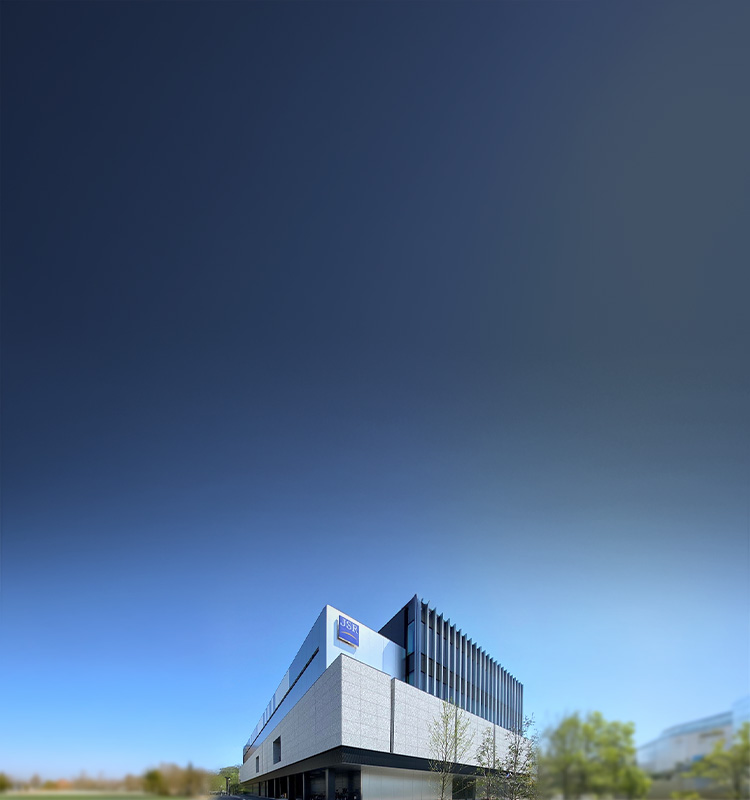



Sustainability
JSR is committed to using value creation through business to
help achieve a sustainable environment and society.
Sustainability News
Library
Sustainability Communications
Responsible Care




JSR is committed to using value creation through business to
help achieve a sustainable environment and society.